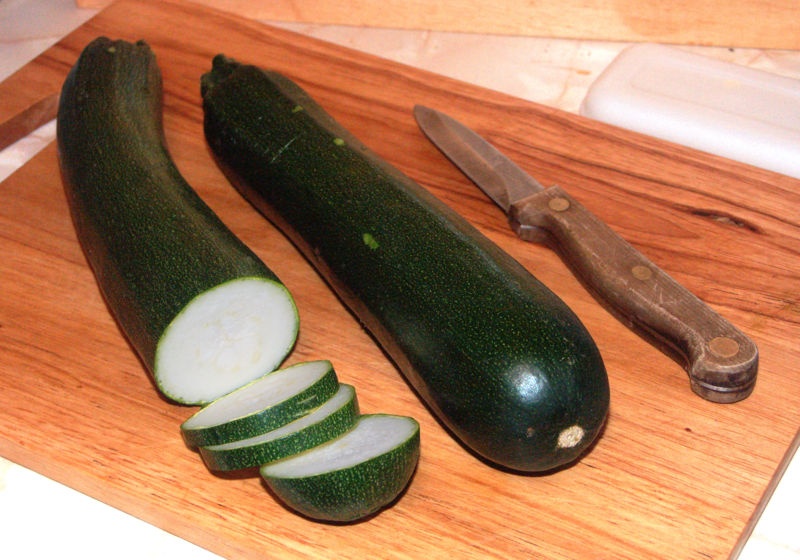Coal ash in your veggies?

Not all of the coal ash produced by power plants ends up in surface impoundments like the one that collapsed at the Tennessee Valley Authority's Kingston plant in eastern Tennessee.
Some of it ends up being mixed with sewage sludge and other waste and spread on food crops -- especially in the South.
Now questions are mounting about whether the practice presents an environmental health danger, the subject of an article published this week in Environmental Health News. Reporter Matthew Cimitile points out that about 50,000 tons of fly ash -- the fine powder recovered from coal plants' smokestacks -- is added each year to soil used to grow vegetables, peanuts and other crops, mostly in the Southeast and Midwest.
Fly ash improves soil's ability to hold water and contains nutrients including calcium and magnesium that increase crop yields. However, it also contains toxic metals -- and research has shown that food crops can take up dangerous levels of arsenic from the ash, Cimitile reports:
Crops grown in quantities of fly ash ranging from 5 to 20 percent of soil weight absorbed toxic metals, according to a study by Indiana State University researchers.
When the amount of fly ash increased, the crops absorbed higher concentrations of arsenic and titanium. Basil and zucchini contained potentially toxic amounts of arsenic exceeding 6 parts per million. Concentrations of greater than 2 ppm had severe effects on vegetables, damaging the plants and decreasing production, wrote the scientists in a 2004 paper published in Environmental Geology.
Although the potential human health effects are unknown, fly ash fertilization can lead to possible toxic accumulation in crops if not monitored properly, concluded the scientists.
Another concern raised by the use of coal ash on food crops is the presence of cancer-causing combustion byproducts such as polycyclic aromatic hydrocarbons. A chapter [pdf] in a 1998 research report sponsored by the U.S. Department of Agriculture notes that while scientists have identified a number of carcinogens and DNA-mutating chemicals in ash, these "have received little attention in studies on agricultural use of coal combustion byproducts."
Since the federal government does not classify coal ash as hazardous waste, it doesn't oversee the material's use in agriculture. Jeffrey Stant of the Environmental Integrity Project's Coal Combustion Waste Initiative told EHN that some states have regulations but often do not require monitoring.
He and other environmental health advocates have long called for federal oversight of coal waste. Knowing that this toxic stuff could end up in the vegetables we're eating only adds to the regulatory urgency.
Tags
Sue Sturgis
Sue is the former editorial director of Facing South and the Institute for Southern Studies.
